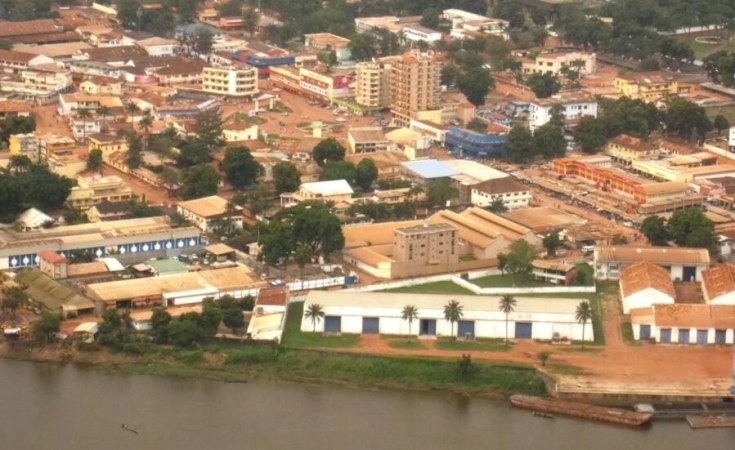Ten years after the start of the third civil war in the Central African Republic, Médecins Sans Frontières (MSF) teamed up with photographer Adrienne Surprenant to meet Central African families to capture the consequences of these years of violence.
By way of 15 first-hand accounts collected in Bangui and Carnot, the photographic and audio documentary The Events highlights the immense destruction within families, their homes and their memories.
This is the story of a country bled dry and of the people who live there, of the familes hit by the repeated extreme violence sweeping across the Central African Republic. It is the story, among others, of Joseph, whose son was murdered on Christmas Eve; of Tatiana, who had to flee her home when she was heavily pregnant; of Louise, who underwent an amputation following a gunshot wound; and of Louison, traumatised by the death of a man he tried in vain to save.
In March 2013, rebel groups in the north of the country united in a coalition, forming the Seleka, and took power in Bangui. This third civil war turned the daily lives of thousands of families into one of fear and struggle for survival.
Looting and atrocities committed by Seleka soon led to deadly reprisals by Anti-balaka militias, self-defence committees made up of villagers and former soldiers, while UN peacekeeping forces and French troops were deployed in the country.
In Bangui and in the west of the country, Muslims, ethnic Fulani or people assimilated to the routed Seleka fighters, were targeted: they were hemmed in, hunted down, killed and forced into exile.
In such circumstances, where can you shelter your family? How can you adapt and continue to be a family in the middle of a war? And how can you rebuild in moments of respite?
Over the past 10 years, both the acts of violence and political alliances have changed in the course of the upheavals experienced by the Central African Republic. The military counter-offensive by the Central African government, supported by Russian allies, has allowed the state to regain control of the country's main cities and roads. Driven out to the periphery and weakened, the armed groups are nevertheless still capable of inflicting harm, and both sides are regularly accused of atrocities.
In 2023, MSF teams in the country comprise nearly 3,000 people, the vast majority of whom are Central African. Our teams provide numerous medical services such as paediatrics, trauma surgery and HIV/AIDS care. Every year, around 900,000 consultations are carried out by our teams, in partnership with the health authorities.


